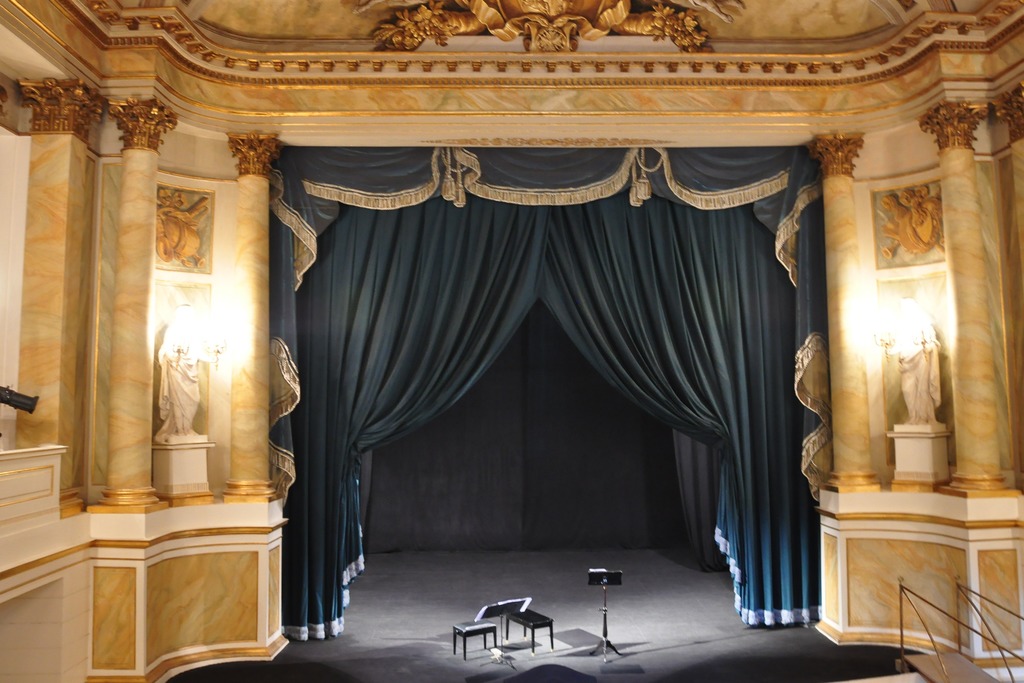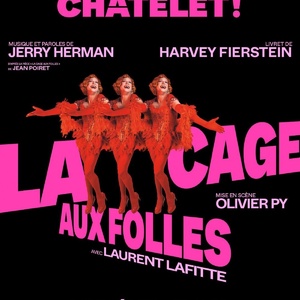
ANATOMIE D''UNE ACTRICE
12/18 - 12/20/2025

AU NOM DU CIEL
12/18 - 12/20/2025

LA MOUCHE
12/18 - 12/20/2025

NEIGE
12/18 - 12/20/2025

POP FICTION
12/20
Miscellaneous...

A Christmas Story
12/19 - 12/21/2025
Humorist Jean Shepherd's memoir of growing up in the Midwest in the 1940s follows 9-year-old Ralphie in his quest to get a genuine Red Ryder ...

ARTHUR ET MATHILDE
12/21
Miscellaneous...

Black Nativity
12/19 - 12/21/2025
By popular demand this legendary holiday event, by Harlem Renaissance poet Langston Hughes’, returns to the BTT stage in a stunning new production. Black Nativity ...

Christmas With C.S. Lewis (Chicago)
12/19 - 12/21/2025

Elf the Musical
12/19 - 12/21/2025
Elf The Musical is the hilarious tale of Buddy, a young orphan child who mistakenly crawls into Santa’s bag of gifts and is transported back ...

Elf the Musical
12/19 - 12/21/2025
Elf The Musical is the hilarious tale of Buddy, a young orphan child who mistakenly crawls into Santa’s bag of gifts and is transported back ...

HISTOIRE DE CELESTE MOGADOR
12/18 - 12/21/2025

IF MUSIC BE THE FOOD OF LOVE
12/18 - 12/21/2025
The whole of human experience can be found in the words of Shakespeare: from the lofty to the ribald; from love to jealousy to murder. ...

Irving Berlin''s White Christmas presented by BOOM Theater
12/19 - 12/21/2025
Musical...

L''ESPRIT DE NOEL
12/21
Musical...

L''INCROYABLE NOËL, LE SPECTACLE
12/19 - 12/21/2025

LA MERVEILLEUSE HISTOIRE DU PÈRE NOËL
12/20 - 12/21/2025
| More Shows (1 2 3 4 5 6 7 8 9 10) Next » |
Back to the Main Page | Browse Local Theatres












